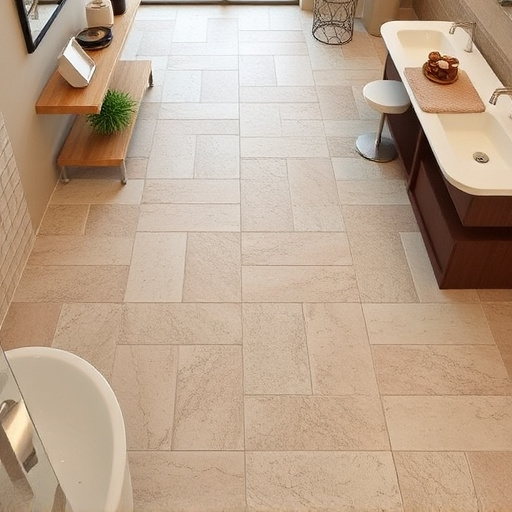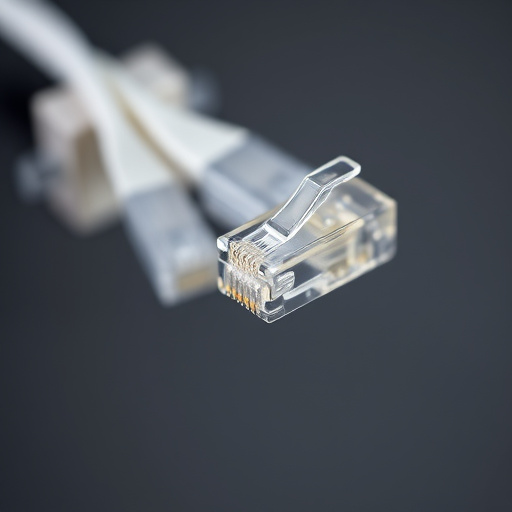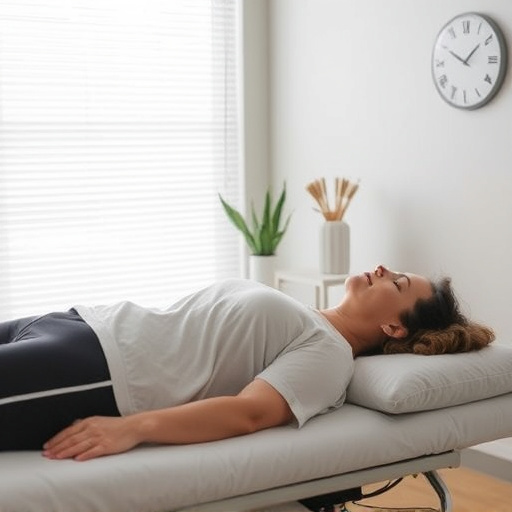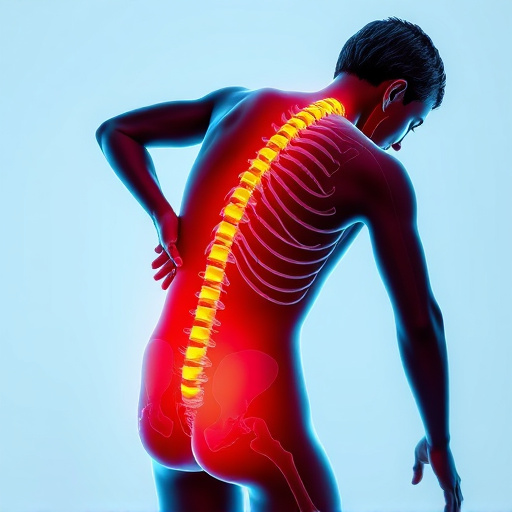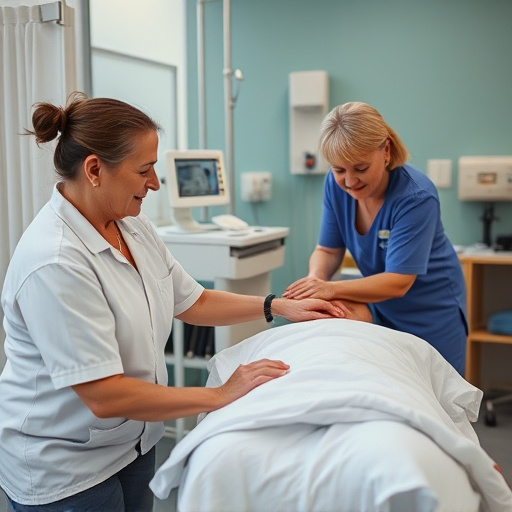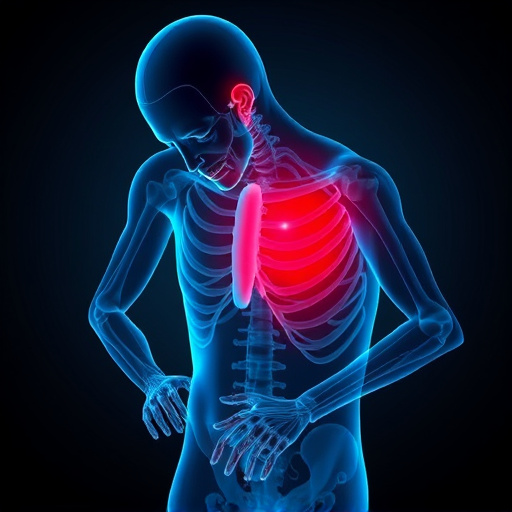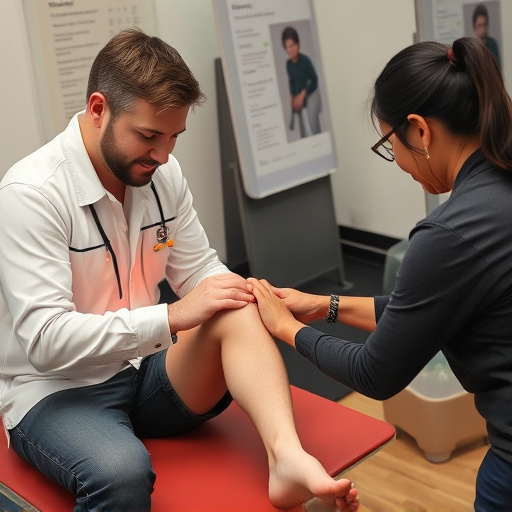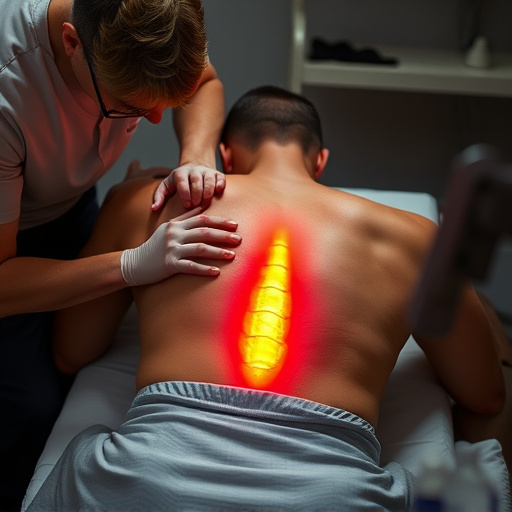Advanced prosthetics and shockwave therapy have transformed military injury treatment, offering specialized care for limb loss and mobility impairments. VR Therapy provides immersive simulations to aid in mental and physical rehabilitation. Customized orthotics address individual needs, enhancing long-term recovery and quality of life for service members.
Adaptive equipment plays a pivotal role in military injury treatment, offering innovative solutions for recovery. From advanced prosthetics that restore mobility to virtual reality therapy simulating real-world scenarios, these technologies enhance rehabilitation. Customized orthotics further support and alleviate specific military injuries, ensuring service members can return to active duty with improved functionality and quality of life.
- Advanced Prosthetics: Restoring Mobility Post-Injury
- Virtual Reality Therapy: Simulating Real-World Scenarios for Recovery
- Customized Orthotics: Supporting and Alleviating Military Injuries
Advanced Prosthetics: Restoring Mobility Post-Injury
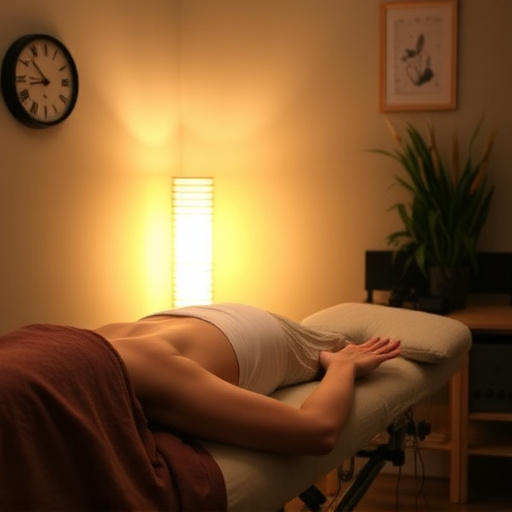
Advanced Prosthetics have emerged as a game-changer in military injury treatment, particularly for service members who have suffered limb loss or severe mobility impairments. These innovative devices are designed to restore functionality and enhance the quality of life for veterans, enabling them to regain independence and improve their overall wellness care. Modern prosthetics offer sophisticated sensory feedback, allowing users to feel touch and temperature, which was previously unattainable.
The development of advanced prosthetics has been further aided by incorporating cutting-edge technologies such as shockwave therapy for pain management. This non-invasive treatment approach offers a promising alternative to traditional surgical interventions, providing pain relief and accelerating the healing process. By combining these advancements with specialized training programs, military personnel can adapt to their new circumstances and regain control over their lives post-injury.
Virtual Reality Therapy: Simulating Real-World Scenarios for Recovery
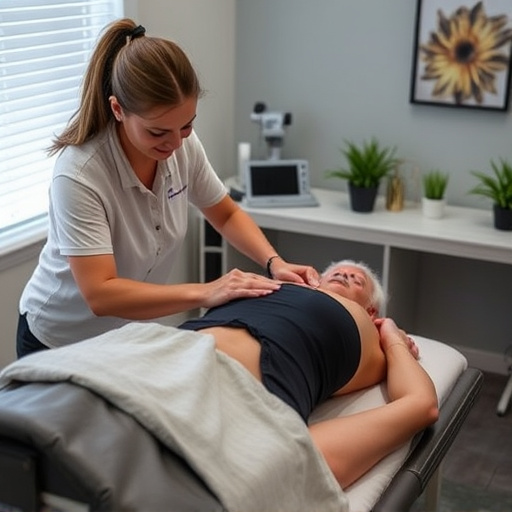
Virtual Reality (VR) Therapy is transforming military injury treatment by offering immersive experiences that mimic real-world scenarios. This innovative approach enables patients to practice coping mechanisms and regain functional abilities in a safe, controlled environment. Soldiers who have experienced traumatic injuries, such as spinal cord damage or PTSD, can benefit significantly from VR’s ability to create personalized simulations. These simulations help them navigate through various environments, from urban settings to natural landscapes, fostering a sense of independence and confidence as they recover.
By replicating everyday challenges, VR Therapy facilitates the rehabilitation process for military personnel dealing with conditions like sciatica or chronic pain. It goes beyond traditional chiropractic treatment by providing a dynamic and interactive platform. This technology not only aids in physical recovery but also supports mental health, making it a valuable asset in comprehensive military injury treatment programs.
Customized Orthotics: Supporting and Alleviating Military Injuries
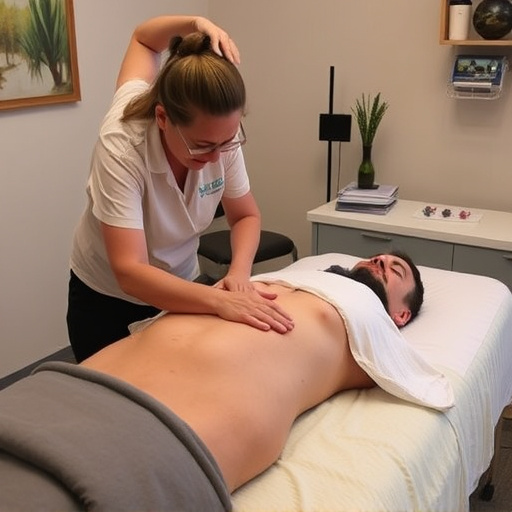
Military personnel often face unique challenges when it comes to military injury treatment, with high-risk operations leading to a range of injuries that require specialized care. One critical aspect of this process is the utilization of customized orthotics, designed to support and alleviate specific military-related injuries. These orthotic devices are tailored to individual needs, ensuring optimal comfort and functionality while recovering from conditions such as whiplash or other trauma.
Customized orthotics play a vital role in wellness care for service members by providing long-term solutions that address the root causes of injuries rather than merely offering temporary relief. This personalized treatment plans approach not only speeds up recovery but also enhances overall mobility and quality of life post-injury, contributing significantly to military personnel’s return to duty or civilian life with minimal residual effects.
Adaptive equipment plays a pivotal role in the recovery process for those affected by military injuries, offering innovative solutions for improved mobility and quality of life. From advanced prosthetics that restore physical movement to virtual reality therapy providing realistic simulations for rehabilitation, these technologies are transforming military injury treatment. Additionally, customized orthotics offer tailored support, addressing specific injury needs. As military injury treatment continues to evolve, these adaptive tools prove essential in empowering veterans to regain independence and navigate their road to recovery with enhanced capabilities.


